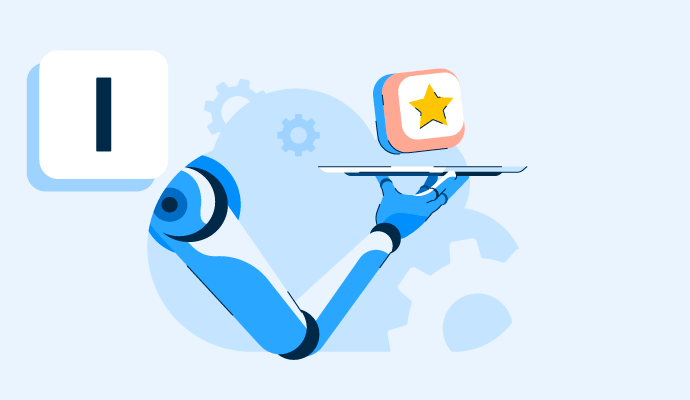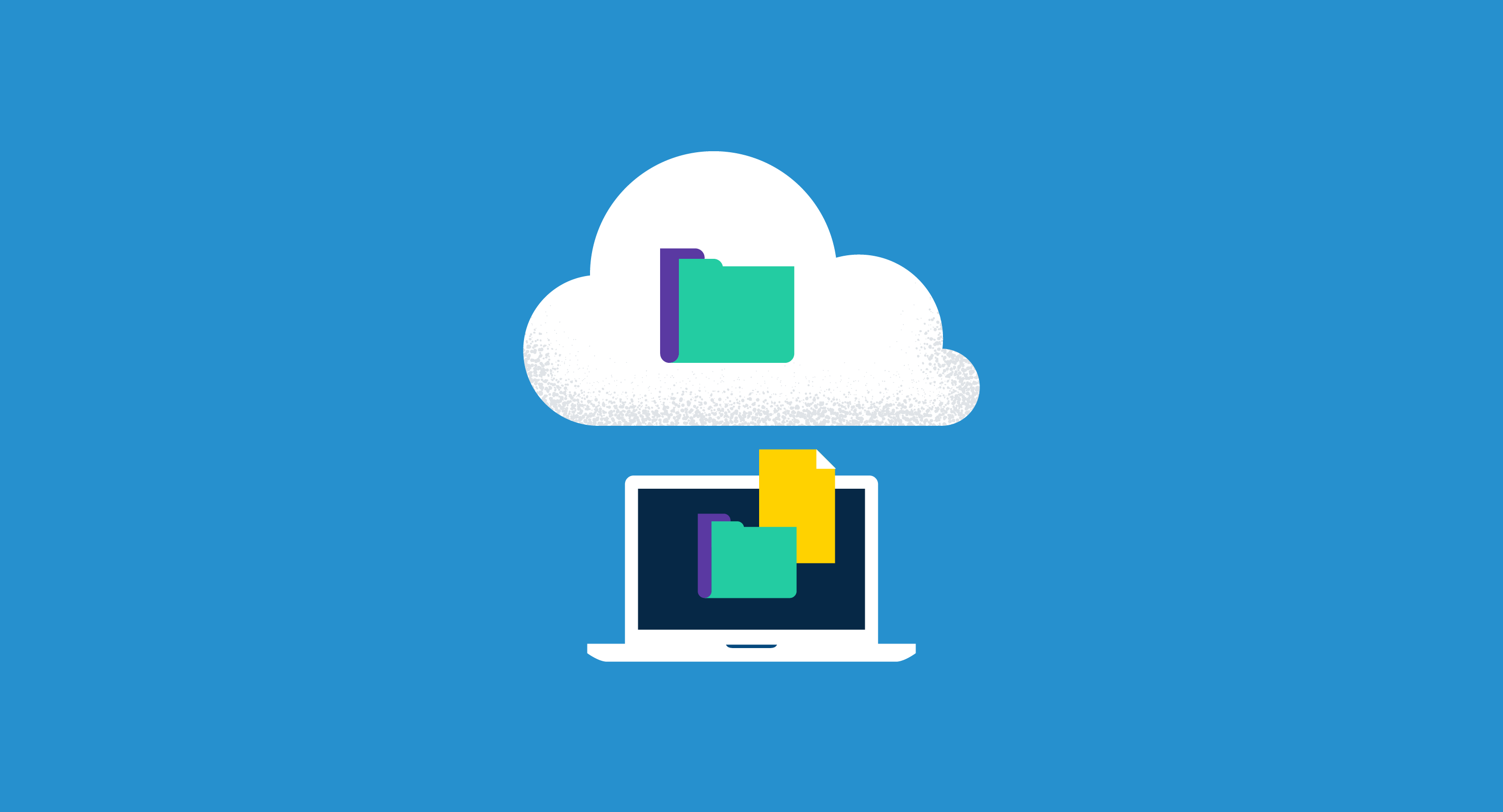What is IPaaS?
Integration platform as a service (IPaaS) is a cloud-friendly solution that simplifies integration between multiple applications. It gives a straightforward, standardized way to connect applications, data, processes, and services.
IPaaS provides a full service with round-the-clock, automatic system updates in the cloud. It eliminates the need for manual updates and software maintenance. Data-driven enterprises require robust IPaaS software in today's multi-cloud world to support all users, data, and integration patterns.
Businesses use various systems in their sales, marketing, and service divisions. IPaaS facilitates improved communication between multiple silos by bringing together technologies throughout each enterprise.
With IPaaS, businesses can grow without adding a new service to their portfolio. Instead, they can link up with software that already offers it, giving clients a complete and reliable package.
Types of IPaaS
IPaaS is broadly classified into four groups.
- Simple automation IPaaS is easy and intuitive. It has a user-friendly approach to connecting applications and creating seamless workflows between them.
- True IPaaS provides developers with a simple and approachable way to create internet of things (IoT) infrastructure, application programming interfaces (APIs), and app integration with a no-code or low-code interface. It has an easy and user-friendly approach to rapid development. The availability of prebuilt connectors allows faster and easy integration and supports the development of complex logic workflows.
- Hybrid ESB/IPaaS performs all tasks of the first two categories and serves enterprise service bus (ESB) use cases. It adheres to standards for the medical and insurance industries. This IPaaS can also be used for complex IT infrastructures.
-
Industry-specific IPaaS is designed to provide app integration solutions for a specific industry, such as financial services, insurance, or healthcare. It supports each sector’s particular standards and compliance procedures.
How does IPaaS work?
IPaaS offers a unified toolkit and a standardized procedure for transferring data between apps. This is based on whether they’re hosted on-premises or in the cloud.
The platform is hosted, managed, and made available as a service by the cloud provider. Users subscribe, pick the tools they need, and get to work.
The cloud provider handles data governance, security, software patching, hardware maintenance, and new feature updates as they become available. IPaaS is often offered for a regular monthly price or a pay-per-use fee.
IPaaS suppliers unlock a wide range of enterprise integration scenarios once established, including those for highly regulated industries. IPaaS supports real-time data sharing between SaaS apps, between SaaS apps and other cloud-based apps, and between SaaS apps and on-premises applications.
IPaaS use cases
Organizations prefer IPaaS as it allows them to manage applications and data, integrate systems, and solve integration problems. Some of the common uses of IPaaS are:
- Low-overhead integration applications. Companies build integrations more rapidly and easily with IPaaS solutions than they can with enterprise application integration (EAI), service-oriented architecture (SOA), or enterprise service bus (ESB). IPaaS providers frequently offer interfaces with fewer code requirements, visual integration presentation, and prebuilt connectors.
- Seamless synchronization of data across settings. An IPaaS solution eliminates the need for batch data transfers by improving app-to-app connectivity and integrating data from on-premises and cloud applications in real time.
- Multiple gadget unification. IPaaS can be used to speed up the process of data integration among a variety of computing and IoT devices. For instance, an electricity provider might use IPaaS to compile and analyze data from meters and instruments along the delivery system, from the distribution center to clients' houses.
- Integration possibilities. With IPaaS, there’s no longer need to write code using APIs or employ electronic data interchange (EDI) to ensure an efficient and secure data flow between a firm and its providers. IPaaS includes self-service capabilities that facilitate partner access and onboarding.
Benefits of IPaaS
IPaaS offers several benefits to its users. Below are a few of them.
- Modern app development cycles: Development and operations teams can use IPaaS by simply subscribing. IPaaS supports quick DevOps and agile application development cycles.
- Better integration and less work: IPaaS often provides work-saving features and a high-productivity interface.
- Improved scalability: The self-service approach of IPaaS is readily scalable as the integration needs to expand.
- Lower integration cost: IPaaS generally costs less than message-oriented middleware, integration architectures, and other custom integrations like ESB and EAI. The inexpensive price and quicker implementation mean mid-sized and smaller enterprises can take advantage of IPaaS.
- Simpler and better business-to-business (B2B) integration: Each company has its own procedures for sharing information with partners, which makes communication challenging. Businesses can adopt IPaaS to enhance B2B integration.
IPaaS vs. PaaS
IPaaS is a cloud-based solution that simplifies application integration across cloud environments. This improves innovation and reduces integration and operations costs so businesses can thrive.
Platform as a Service (Paas) offers a cloud-based environment with everything needed to support the whole lifecycle of developing and delivering web-based (cloud) applications. This is done without the expense or complexity of managing underlying hardware and software or dealing with provisioning and hosting.
IPaaS can serve as a complement to PaaS by supplying the instruments required to combine these web-based applications and the data that powers them. Depending on the PaaS solution developers use, they can frequently select cloud-based integration tools from the service catalog.
Learn more about PaaS software to centralize the development and maintenance of cloud applications.

Sagar Joshi
Sagar Joshi is a former content marketing specialist at G2 in India. He is an engineer with a keen interest in data analytics and cybersecurity. He writes about topics related to them. You can find him reading books, learning a new language, or playing pool in his free time.




















